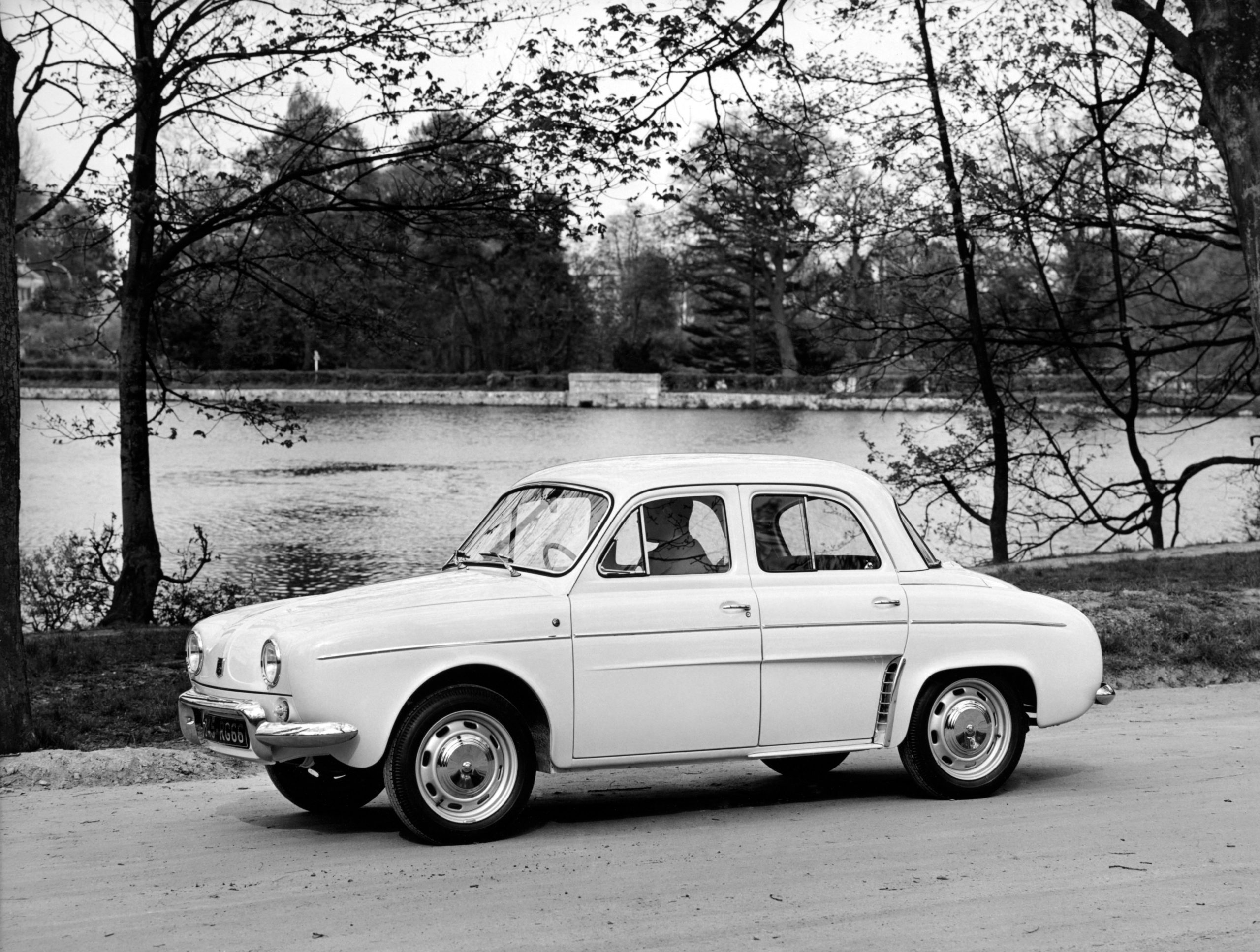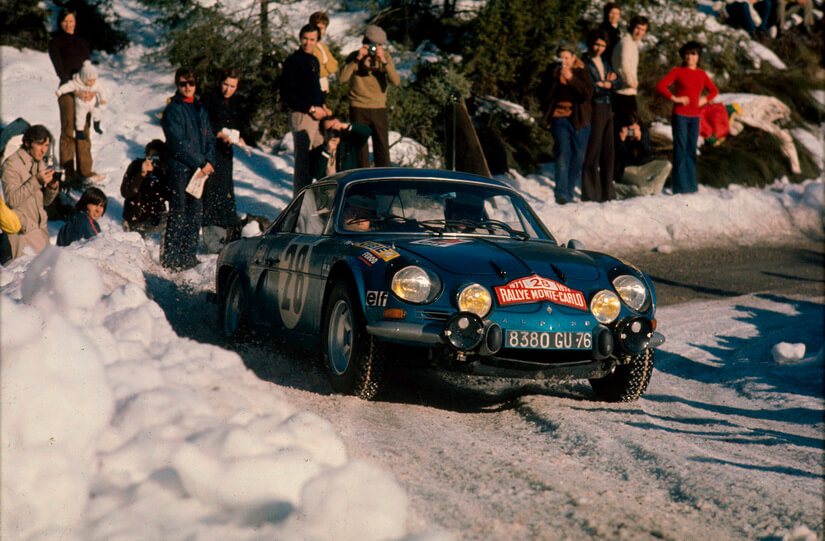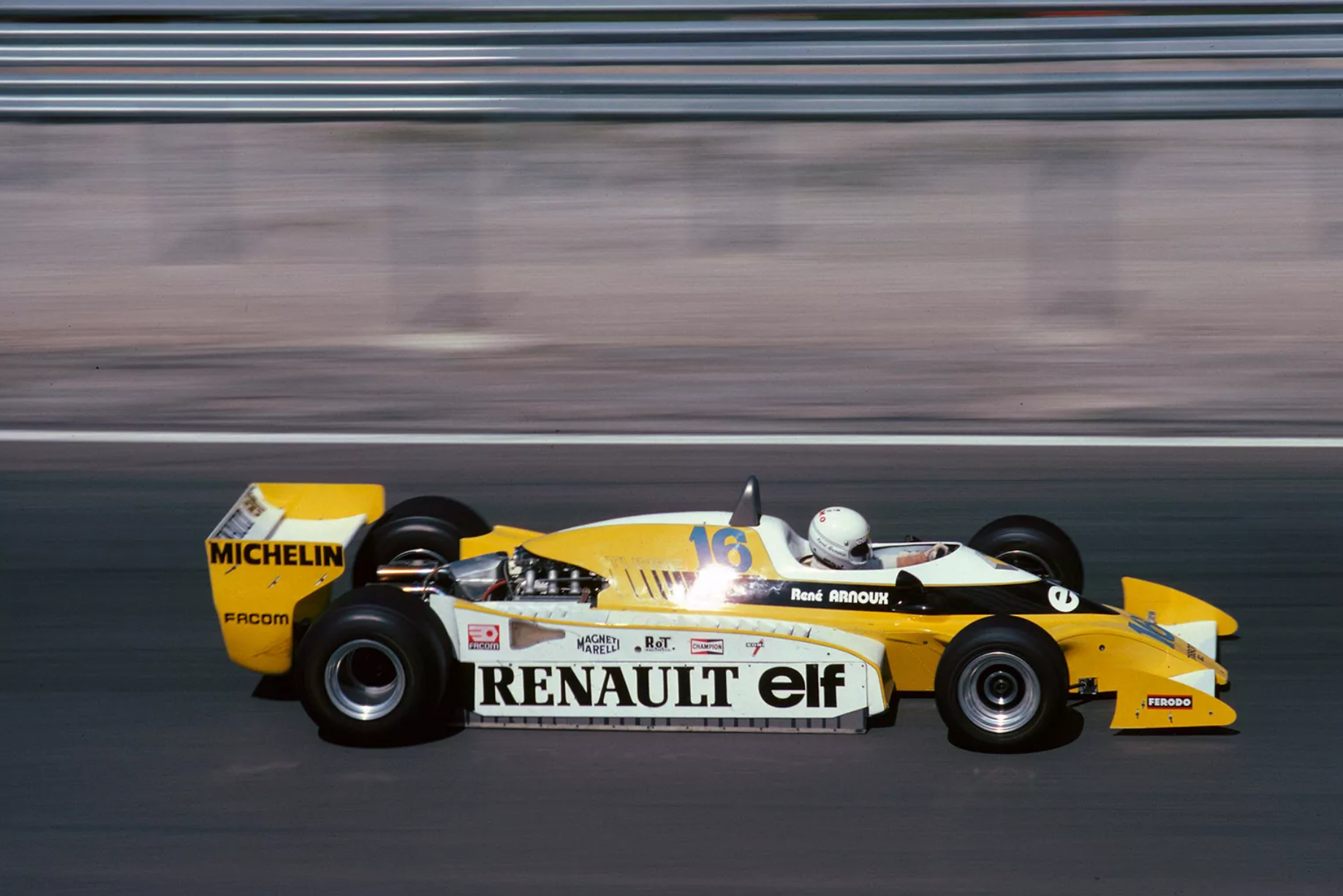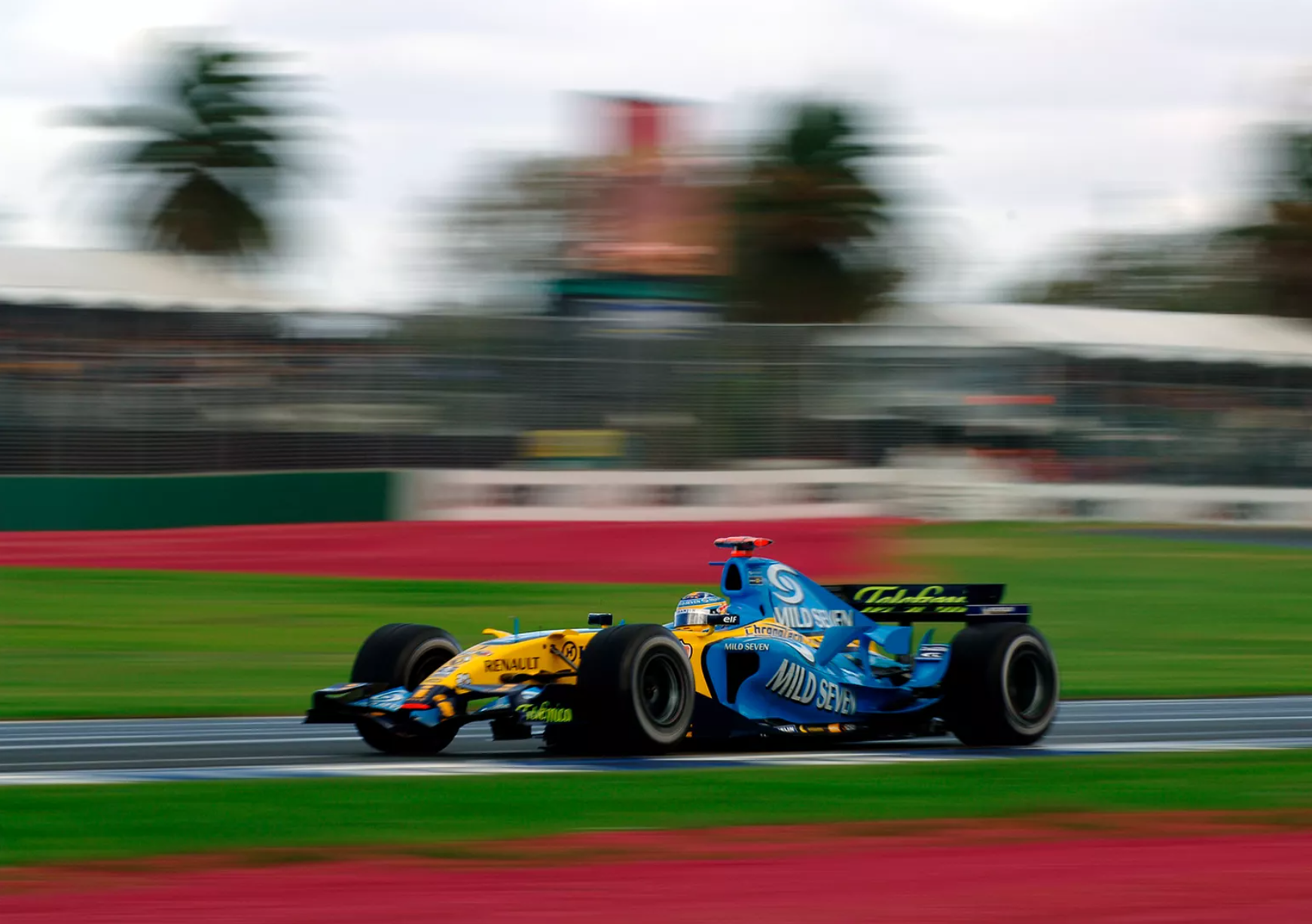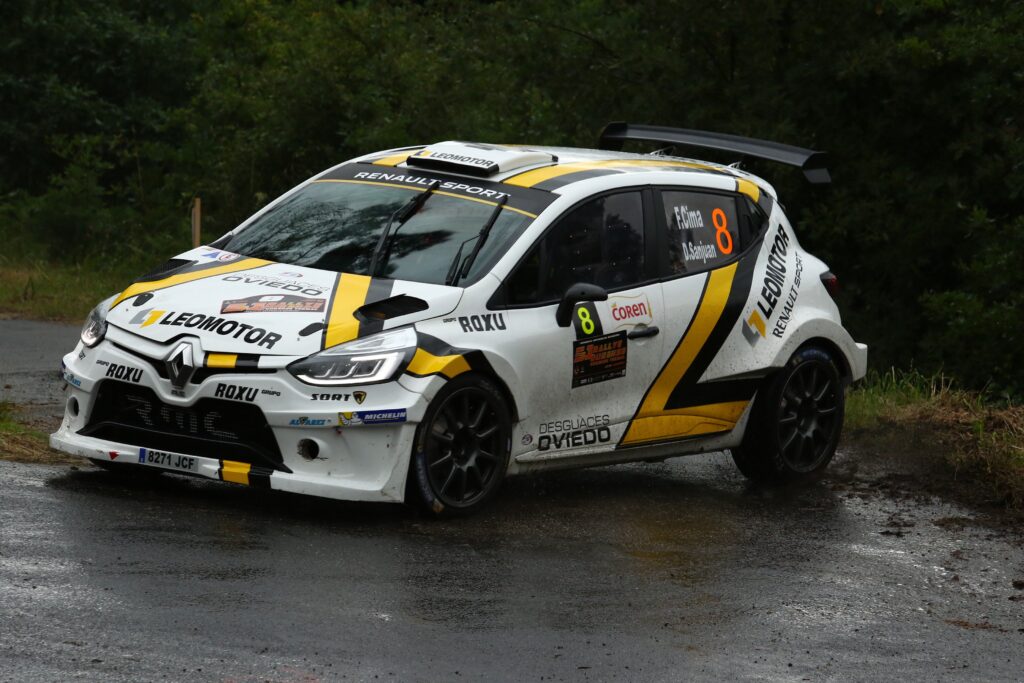Renault
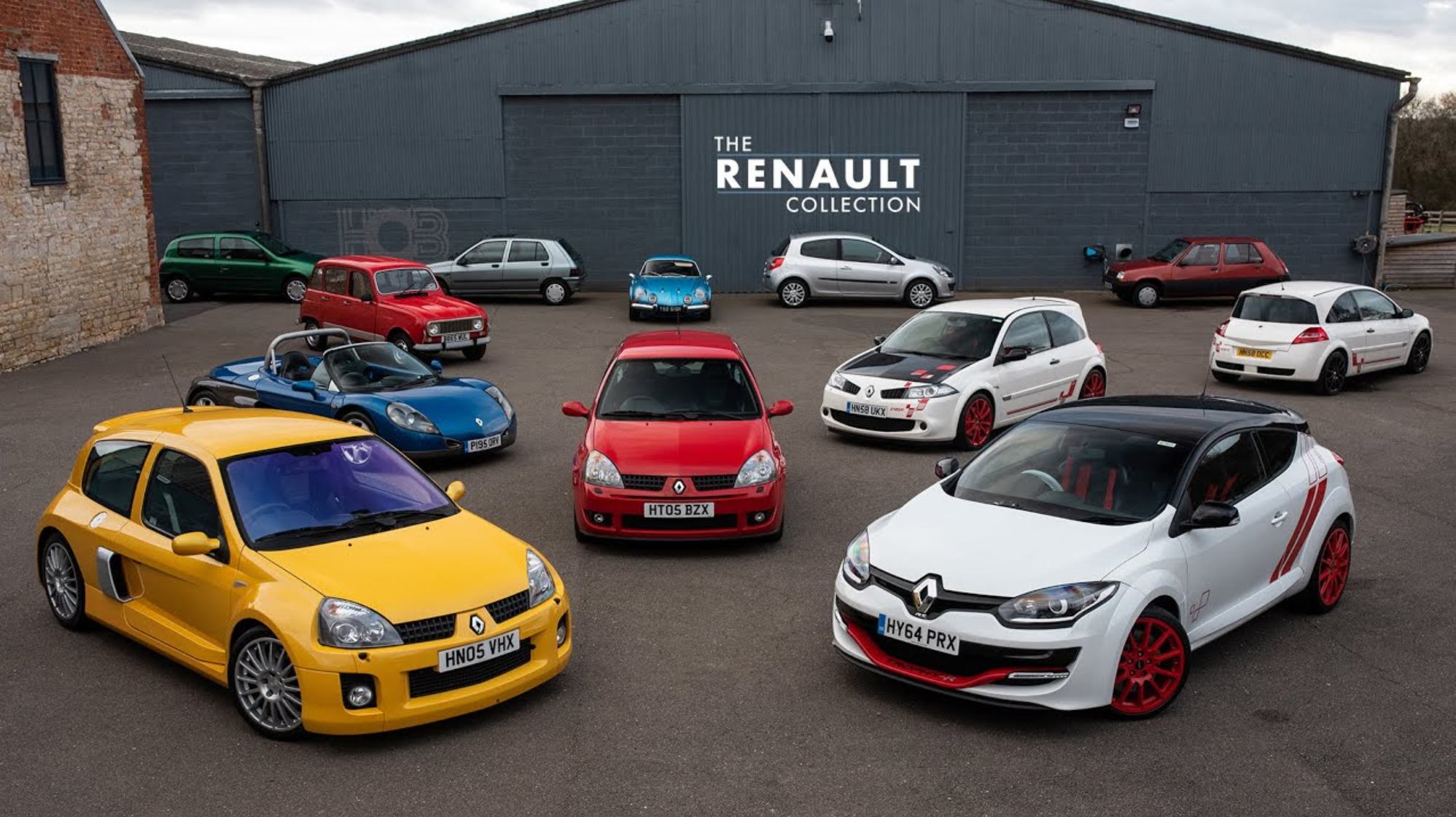

Renault
Founded
1899
Founders
Louis Renault, Marcel Renault, Fernand Renault
Country
France
Headquarters
Boulogne-Billancourt, Île-de-France


Renault
Founded
1899
Founders
Louis Renault, Marcel Renault, Fernand Renault
Country
France
Headquarters
Boulogne-Billancourt, Île-de-France
About this brand
Discover the history
Renault, a pioneering French automotive brand with roots dating back to the late 19th century, has played a pivotal role in the evolution of the automotive industry. Established in 1899 by Louis Renault, Marcel Renault, and Fernand Renault, the company initially produced the Renault Voiturette, a groundbreaking car that became one of the first commercially successful automobiles.
The early 20th century witnessed Renault’s rapid growth, with the production of innovative models such as the Renault Type AG, which featured a groundbreaking transmission system. Renault’s early forays into motorsport were marked by success, including victories in the Paris-Vienna race of 1902.
In 1906, Renault gained global recognition by winning the inaugural Grand Prix de l’Automobile Club de France. This triumph established Renault as a formidable force in motorsport and solidified its commitment to high-performance engineering. The success on the racetrack translated into increased sales, making Renault a prominent player in the automotive market.
Amidst the challenges of World War I, Renault adapted its production to support the war effort, manufacturing military vehicles and equipment. Post-war, the company resumed civilian production, introducing innovative models like the Renault 40CV and the Renault 6CV.
Renault’s motorsport legacy continued to grow in the 1920s with multiple victories at the Monte Carlo Rally, establishing the brand’s prowess in endurance events. In the 1930s, the Renault Nervasport, a sporty and aerodynamic model, became a symbol of luxury and performance.
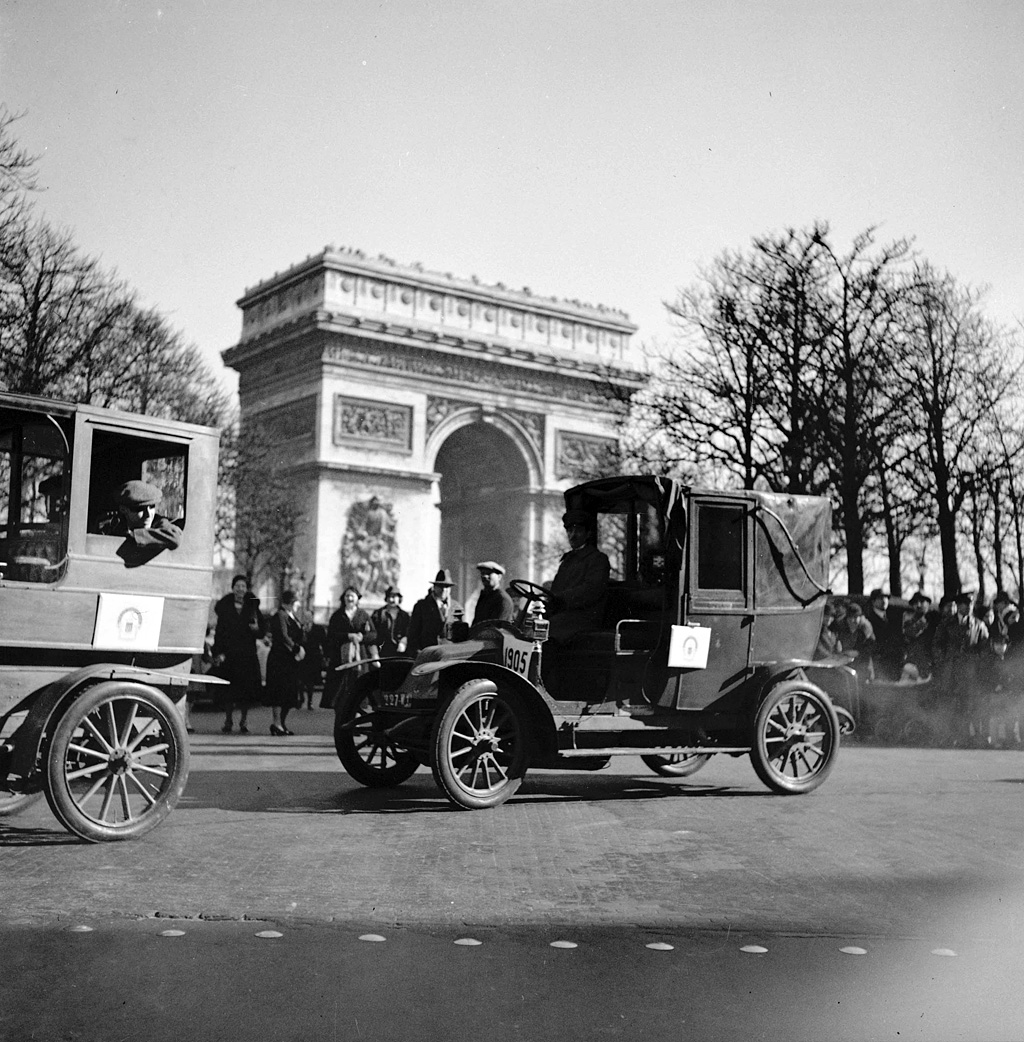
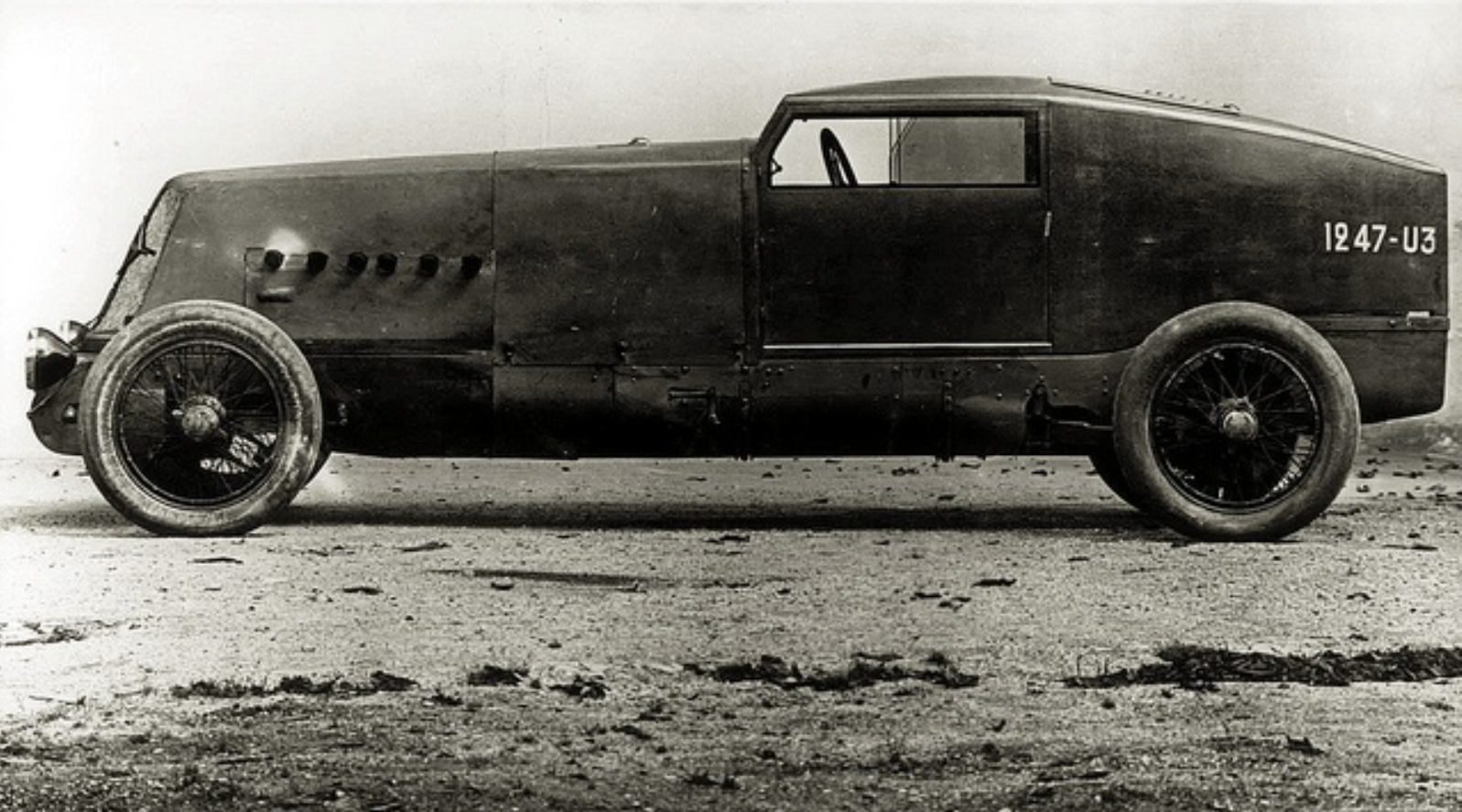
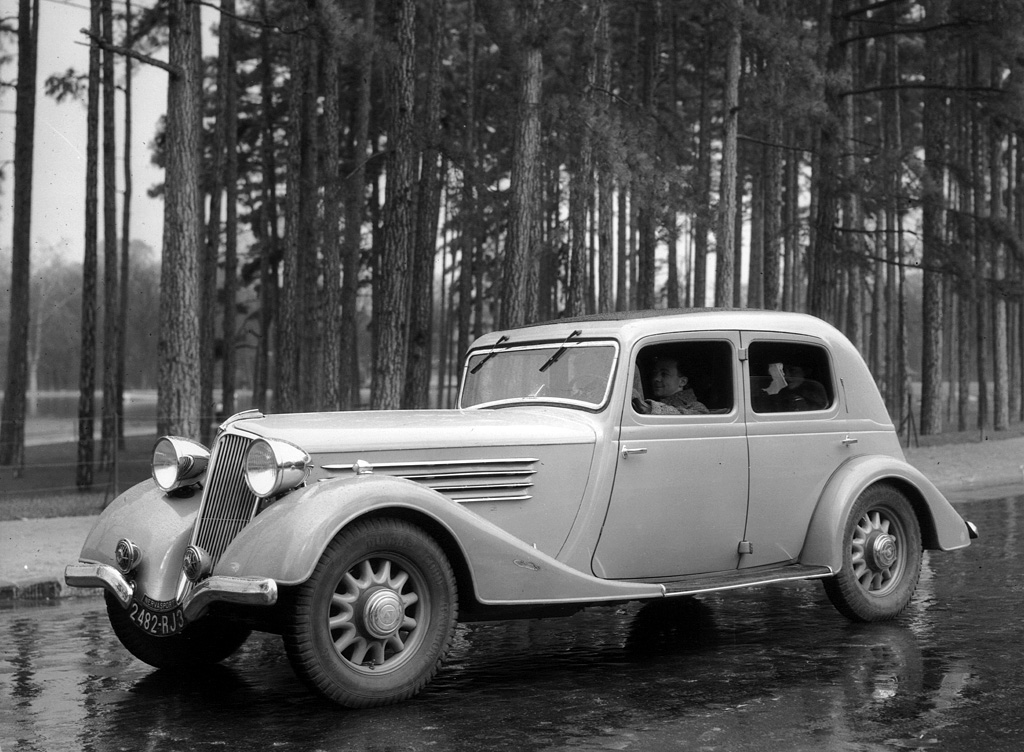
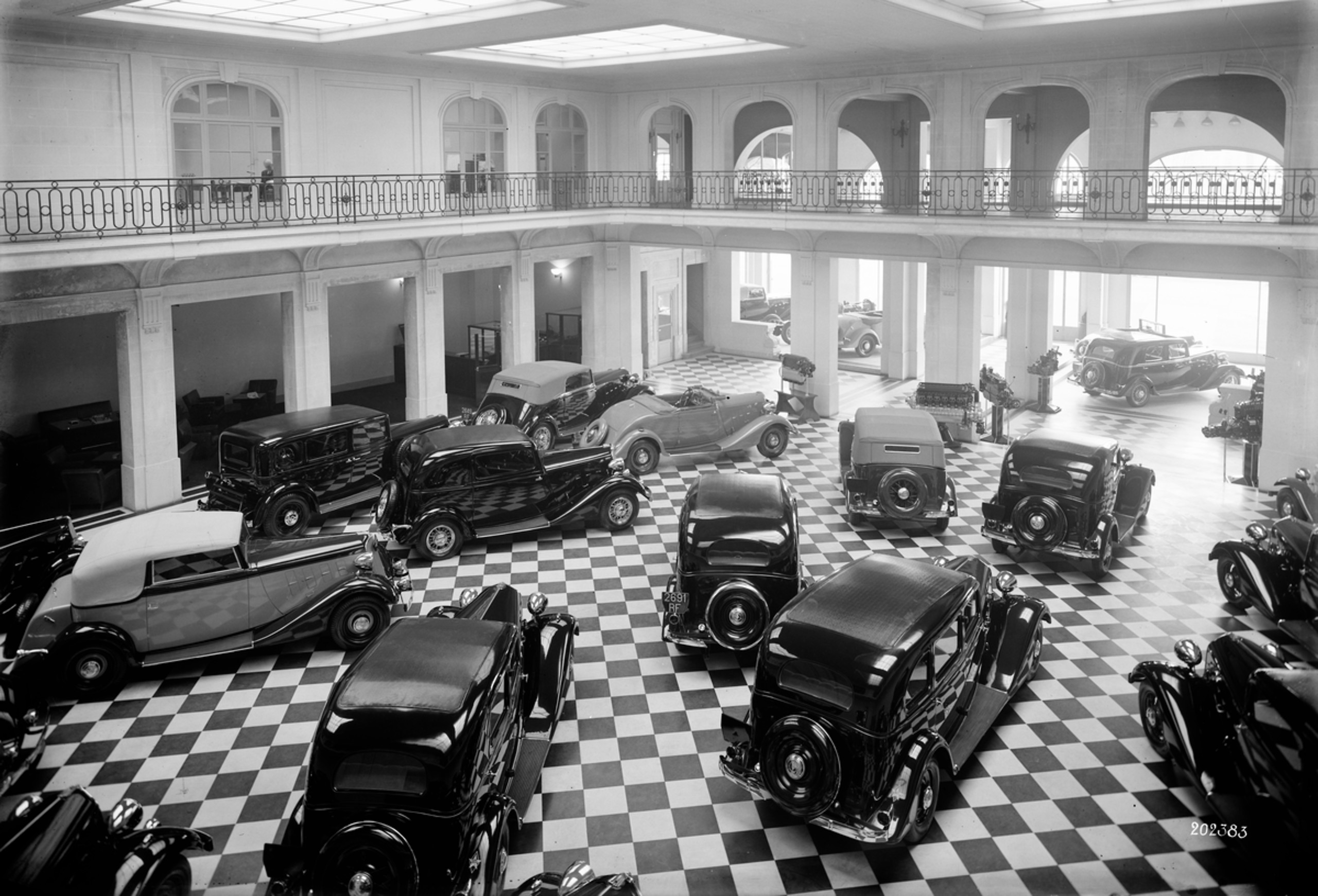
The aftermath of World War II saw Renault rebound with the introduction of the Renault 4CV, a compact and affordable car that became a bestseller. The Renault Dauphine, launched in the 1950s, further solidified the brand’s reputation for producing practical and stylish vehicles.
Renault’s commitment to motorsport intensified in the 1960s with the introduction of the Renault R8 Gordini, a high-performance version of the popular R8. The Renault Alpine A110, introduced in the early 1960s, achieved significant success in rallying, including victories at the Monte Carlo Rally.
The 1970s marked a new chapter for Renault with the launch of the Renault 5, a compact and innovative model that became a cultural icon. Renault’s involvement in Formula 1 also began in this era, with the team securing its first victory in 1979. The collaboration with the French government-owned company Groupe Renault further strengthened the brand’s position in the global automotive market.
The 1980s saw Renault expand its lineup with models like the Renault 9 and Renault 11. In Formula 1, the Renault-powered cars, particularly those of the Williams team, enjoyed significant success, winning multiple championships with drivers such as Alain Prost and Nelson Piquet.
Renault’s commitment to motorsport reached new heights in the 1990s with the establishment of the Renault Sport division. The Renault Clio Williams and the Renault Megane Coupe, both high-performance models, became synonymous with driving excitement.
In 2005, Renault returned to Formula 1 as a factory team and secured the Drivers’ and Constructors’ Championships with Fernando Alonso. The Renault F1 Team continued to be a competitive force in the following years.
Renault’s recent history includes a focus on electric mobility, exemplified by models like the Renault ZOE, one of the best-selling electric cars in Europe. The Renault Alpine brand was also revived with the introduction of the Alpine A110, a modern reinterpretation of the classic sports car.
